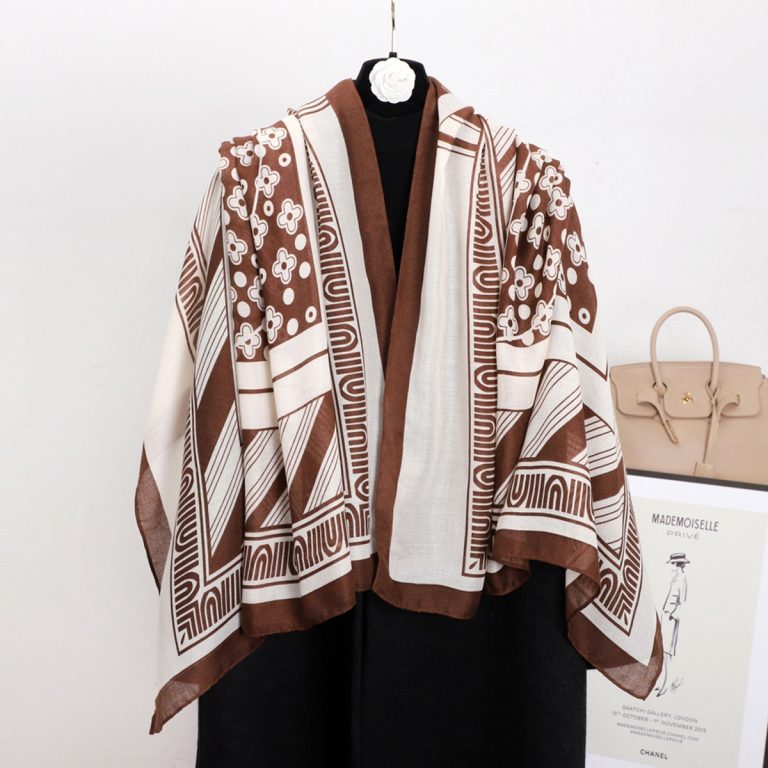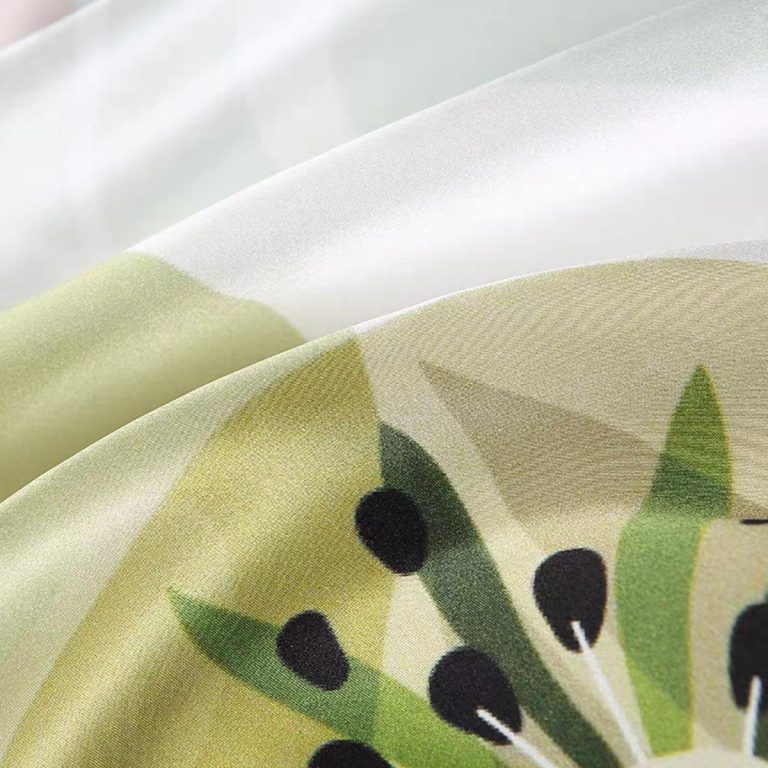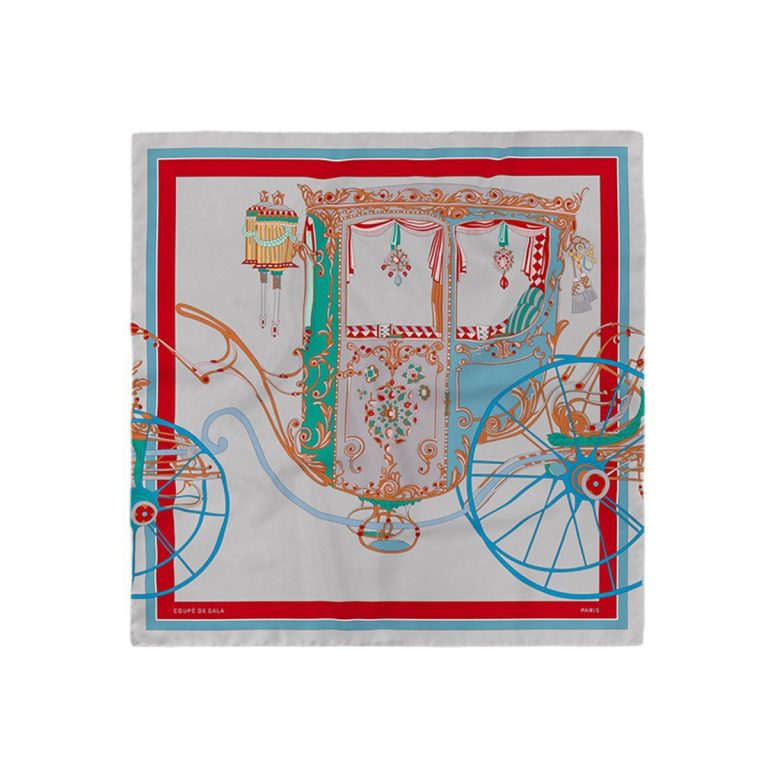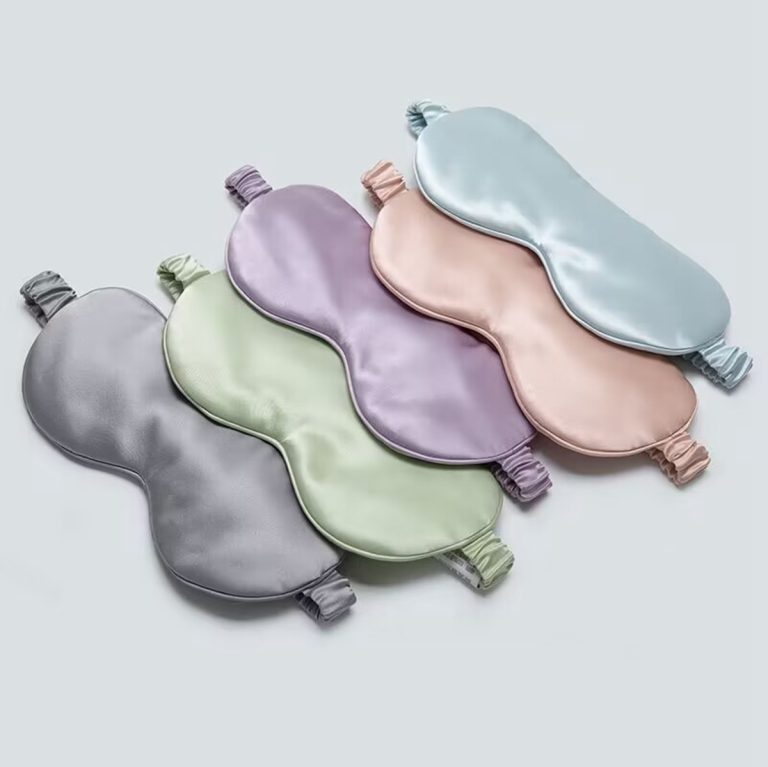The Impact of Fast Fashion on the Environment and Workers
Fashion is a multi-billion dollar industry that influences the way we dress, think, and feel about ourselves. However, behind the glitz and glamour of the runway lies a dark side that often goes unnoticed by consumers. The rise of fast fashion has had a detrimental impact on both the environment and the workers who produce these garments.
Fast fashion is a term used to describe the rapid production of inexpensive clothing that is inspired by the latest trends seen on the runway. This business model relies on quick turnover of new styles, often resulting in poor quality garments that are designed to be worn for a short period of time before being discarded. This constant cycle of consumption has led to an increase in textile waste, with millions of tons of clothing ending up in landfills each year.
In addition to the environmental impact, fast fashion also takes a toll on the workers who produce these garments. Many of the factories that produce fast fashion clothing are located in developing countries where labor laws are lax and workers are often exploited. These workers are paid low wages, work long hours in unsafe conditions, and are often exposed to harmful chemicals without proper protection.

The fashion industry is one of the largest contributors to global pollution, with the production of textiles accounting for a significant portion of greenhouse gas emissions. The use of synthetic materials such as polyester, which is commonly used in fast fashion garments, also contributes to environmental degradation. Polyester is derived from petroleum, a non-renewable resource, and is not biodegradable, meaning that it will sit in landfills for hundreds of years before breaking down.
| 3 part hijab | scarf wholesaler | twist braided headband |
| military hats | custom modal triangel scarf | headband |
| silk Organza | 26*78″ | 80s bandanas |
| rayon infinity scarf exporter | modal triangel scarf Wholesaler | modal hijab |
One way to combat the negative impact of fast fashion is to support sustainable and ethical fashion brands that prioritize environmental and social responsibility. These brands use eco-friendly materials, such as organic cotton and recycled polyester, and ensure that their workers are paid fair wages and work in safe conditions. By choosing to support these brands, consumers can help reduce the demand for fast fashion and promote a more sustainable and ethical fashion industry.
Another way to reduce the environmental impact of fashion is to buy less and choose quality over quantity. Instead of constantly buying new clothes to keep up with the latest trends, consumers can invest in timeless pieces that are made to last. By buying fewer, higher quality garments, consumers can reduce their carbon footprint and support brands that prioritize sustainability.
In conclusion, the rise of fast fashion has had a detrimental impact on both the environment and the workers who produce these garments. The constant cycle of consumption and disposal of cheaply made clothing has led to an increase in textile waste and pollution, while workers in developing countries are often exploited and exposed to unsafe working conditions. By supporting sustainable and ethical fashion brands and choosing quality over quantity, consumers can help reduce the negative impact of fast fashion and promote a more sustainable and ethical fashion industry.






